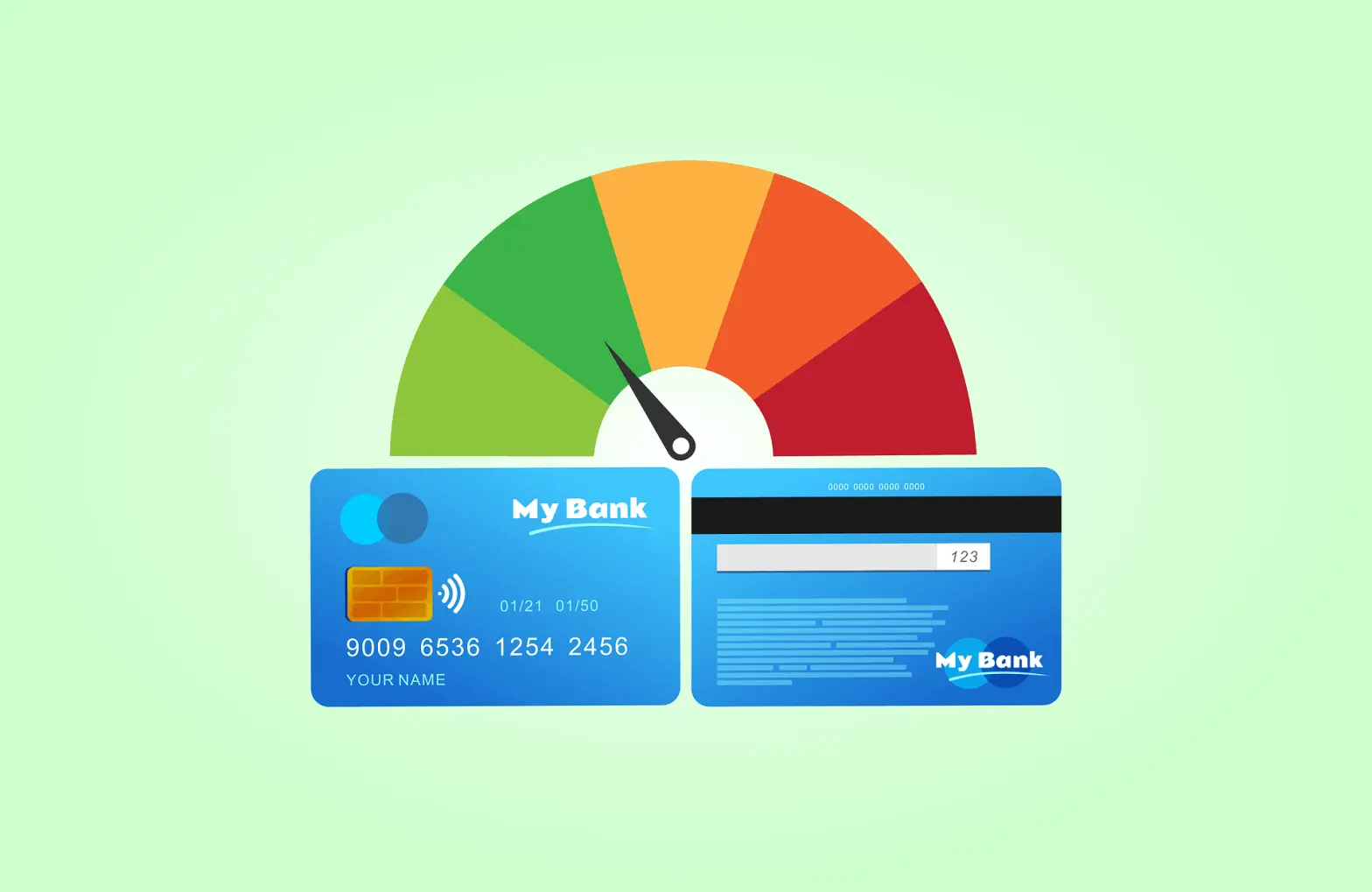
Your credit score is a number that could have significant implications on your financial life, as it can affect almost every aspect of your financial future. A high score can qualify you for favorable loan terms and lower interest rates. It also increases your eligibility for rewards programs with airlines, hotels, and other service providers that may offer perks based on credit standing. A low score, on the other hand, can increase the cost of borrowing money and reduce your chances of being approved for new loans or leases. Additionally, a low credit score may disqualify you from certain jobs or prevent you from obtaining security clearance — both situations in which a high credit score may be an asset. Knowing how your credit score is calculated and what factors are used to determine it can help you take action to improve it if need be. Read on to learn more about your credit score -- what it is, why it’s important, and how you can improve yours if necessary.
What is a Credit Score?
A credit score is a number that assesses the likelihood a person will default on a loan. Based on a record of past credit activity, a credit score can determine a person’s creditworthiness and indicate the risk associated with lending money to that person. Credit scores are used by lenders to determine the terms of loans, such as interest rates and loan amounts. They are also used by landlords when screening tenants and by insurance companies to determine insurance premiums. Credit scores are typically used for applications for credit such as mortgages, car loans, and student loans, though they are sometimes used by employers when making hiring decisions. Credit scores are calculated based on financial data in a person’s credit report.
Why does your Credit Score Matter?
A high credit score indicates that you are a reliable borrower, which makes it more likely that you will be approved for favorable terms on loans and credit cards, and that you will pay off your debts on time. In other words, a high credit score can save you money. In fact, a high credit score can lead to lower interest rates, lower insurance premiums, and better negotiating terms in business relationships. Conversely, a low credit score can lead to higher interest rates and less favorable loan terms. A low credit score may make it harder for you to qualify for a mortgage or car loan and can lead to higher interest rates and fees. It can also have a negative impact on your reputation and make it more difficult to find a job.
How is your Credit Score Determined?
There are three major credit reporting agencies in the U.S.: Experian, TransUnion, and Equifax. Each of these agencies keeps track of your financial activity and reports it to the credit bureaus. The credit bureaus compile this information into a single credit report — also known as a credit history. This credit report is what lenders use to determine your credit score. Your credit score is primarily based on the information in your credit report, as well as any additional factors that lenders have added to the mix.
How to Improve your Credit Score
A large portion of your credit score is determined by the amount of credit you currently have available. Having too much available credit, or “credit utilization,” can negatively impact your credit score. However, having too little available credit could also be detrimental to your score since it indicates you are a less reliable borrower. There are a few things that you can do to improve your credit score: - Check your credit report. The best way to start improving your credit score is to ensure that the information in your credit report is accurate. Contact the credit bureaus and request a free copy of your credit report to identify any errors. - Pay off credit card debt. Credit card debt is one of the biggest factors affecting your credit score. Paying down your credit card balances can help your credit score by decreasing your overall debt and increasing the amount of money you are able to use to repay loans. - Avoid opening new credit accounts. The more credit accounts you have open, the more likely it is that you will have a lower credit score. Opening too many new credit accounts can also negatively impact your credit score. - Add a cosigner. If you are trying to obtain a loan for which you are considered high risk, adding a cosigner with a high credit score can help you qualify for the loan.
Summary
Your credit score is a number that could have significant implications on your financial life, as it can affect almost every aspect of your financial future. A high score can qualify you for favorable loan terms and lower interest rates. It also increases your eligibility for rewards programs with airlines, hotels, and other service providers that may offer perks based on credit standing. A low score, on the other hand, can increase the cost of borrowing money and reduce your chances of being approved for new loans or leases. A low credit score may also disqualify you from certain jobs or prevent you from obtaining security clearance, both situations in which a high credit score may be an asset. Knowing how your credit score is calculated and what factors are used to determine it can help you take action to improve it if need be.
